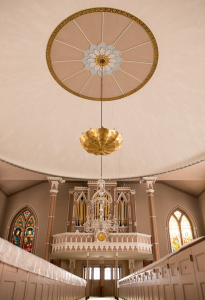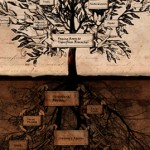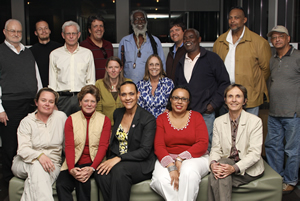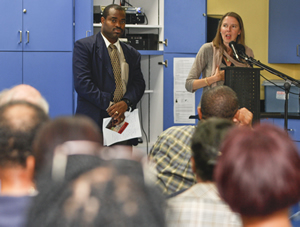About our new partnership to form the Center for Reconciliation
Posted August 24th, 2015 by James DeWolf PerryCategory: News and Announcements, Outreach, Public History Tags: Episcopal Church, James DeWolf, Providence, Rhode Island, Slave trade, Traces of the Trade
 Today the New York Times is running an article on our partnership to create a Center for Reconciliation in the Episcopal cathedral in Providence, R.I.
Today the New York Times is running an article on our partnership to create a Center for Reconciliation in the Episcopal cathedral in Providence, R.I.
The article, by Katharine Seelye, is headlined “Rhode Island Church Taking Unusual Step to Illuminate Its Slavery Role.” Seelye discusses our plans to offer a museum interpreting slavery and the slave trade in Rhode Island, and the North, with emphasis on the historical complicity of the entire nation, including the Episcopal Church, in the institution of slavery. She also talks about our intent to offer programming and community activities aimed at educating the general public and fostering dialogue, healing, and reconciliation.
The article details how the DeWolf family’s efforts to illuminate their slave-trading past in Rhode Island, including Katrina Browne’s PBS documentary, “Traces of the Trade,” have helped to inspire the Episcopal Diocese to put forward the idea for the Center for Reconciliation.



 This year, to commemorate the life of Dr. Martin Luther King, Jr., I was invited to speak at
This year, to commemorate the life of Dr. Martin Luther King, Jr., I was invited to speak at 


